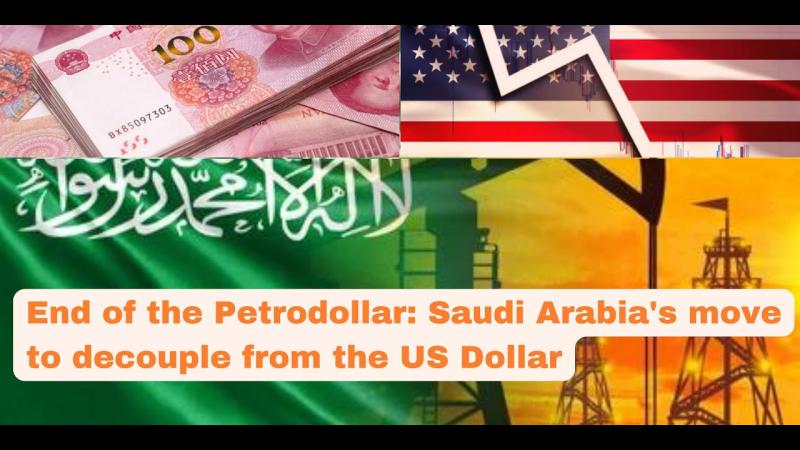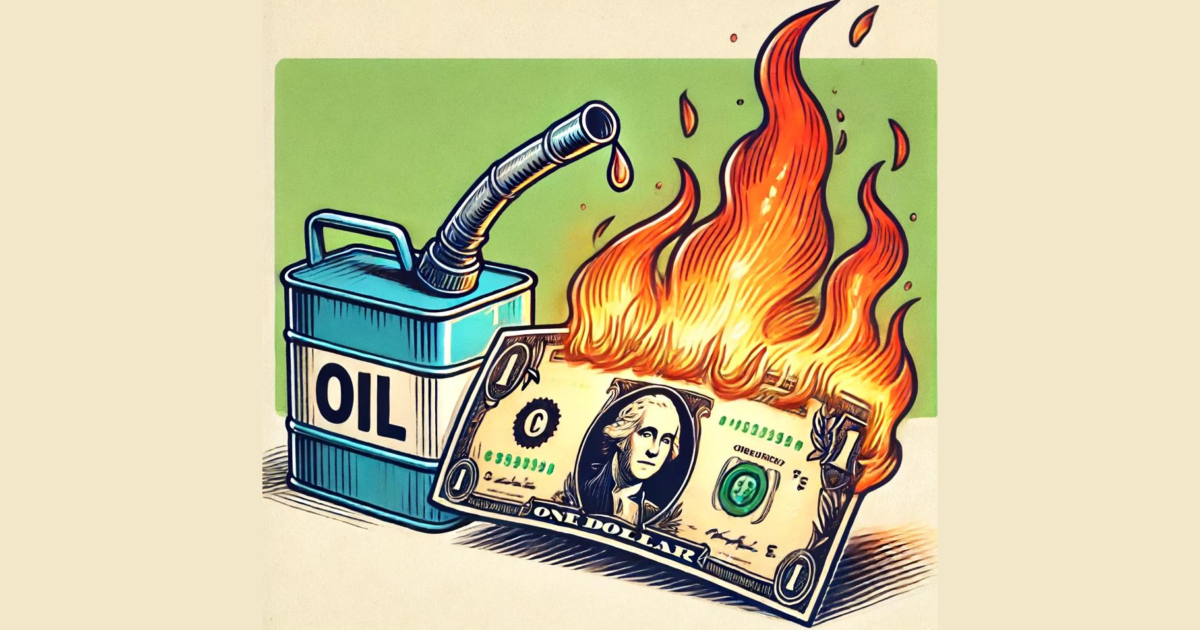In recent years, there has been increasing speculation and concern regarding the potential end of the petrodollar system, whereby the US dollar is the primary currency used for transactions in the global oil market. The petrodollar system has been in place since the early 1970s, when an agreement was reached between various oil-producing countries, most notably Saudi Arabia, and the United States. Saudi Arabia holds a key position in the petrodollar system, as the world’s largest oil exporter and one of the leading members of the OPEC (Organization of the Petroleum Exporting Countries). Over the years, the petrodollar system has benefited the UnitedStates by providing a stable and reliable demand for the US dollar, while also allowing oil-producing countries to trade their oil for a valuable and widely accepted currency. However, recent developments suggest that Saudi Arabia may be reconsidering its commitment to the petrodollar system.

In April 2018, reports emerged that Saudi Arabia was in talks with China to settle oil transactions in Chinese yuan, rather than US dollars. This move was seen as a potential challenge to the petrodollar system, as it would reduce the demand for the US dollar in the global oil market. Additionally, Saudi Arabia has recently been taking steps to diversify its economy away from its reliance on oil exports. The Saudi government’s Vision 2030 plan aims to reduce the country’s dependence on oil revenue and promote growth in other sectors, such as tourism and renewable energy. As part of this strategy, Saudi Arabia is looking to strengthen its ties with emerging economies like China, which could further undermine the petrodollar system. The potential end of the petrodollar system could have significant implications for the global economy. A shift away from the US dollar as the primary currency for oil transactions could lead to increased volatility in currency markets, as well as changes in the global balance of power. It could also impact the United States’ ability to finance its trade deficit and maintain its position as the world’s leading reserve currency. In conclusion, the end of the petrodollar system and Saudi Arabia’s potential discontinuation of its contract could mark a significant turning point in the global economy. As the world waits to see how these developments unfold, it is clear that the implications could be far-reaching and long-lasting.








